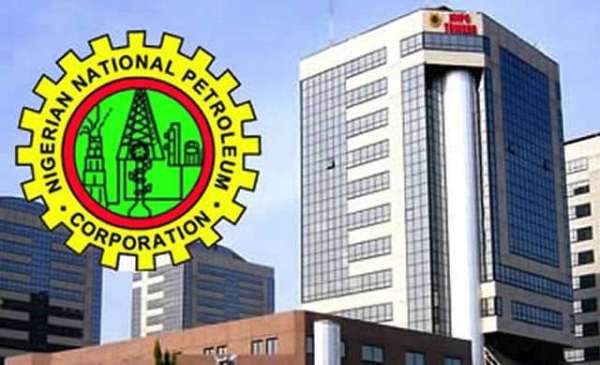Federal High Court on Monday ordered oil giant, Mobil Producing Nigeria Unlimited, and its Joint venture partner, Nigerian National Petroleum Corporation (NNPC), to pay the total sum of N81.9 billion as damages to Ibeno communities in Akwa Ibom State over oil pollution.
According to Justice Taiwo Taiwo of the Abuja Division’s judgment the amount must be paid within 14 days, after which 8 per cent interest will be accruals on the principal sum annually.
Read Also: VIDEO: Heritage Bank Staff Storm Senator Andy Uba’s House in Abuja, Ask Him To Repay Loan
The communities, led by Obong Effiong Archianga and nine others, had in April 2012 dragged the NNPC, Mobil Producing Nigeria Unlimited and ExxonMobil Corporation to court over oil spillages in their communities between 2000 and 2010.
The oil spillages, the plaintiffs had claimed badly affected their environment as well as destroyed their means of livelihood which was mainly fishing and farming.
Delivering judgment in the matter, Justice Taiwo held that the American oil company and NNPC were negligent in the way and manner they handled oil spills that caused environmental degradation in the communities.
He particularly took a swipe at the NNPC for being interested in the revenue generations from oil exploration at the expense of the lives of the people of the communities.
The judge held that the oral and documentary evidence adduced by the plaintiffs supported their claims that lives were made miserable for them when their waters and land were polluted through crude oil leakages from old oil pipelines belonging to the defendants.
While reacting to Mobil’s claim that it carried out a cleanup exercise, the court held that the American company failed to address the issue of compensation that would have mitigated the economic losses of the people.
Besides, the judge described as unreliable the witnesses called by Mobil, adding that for no reason they became evasive during cross examination by the counsel to the plaintiffs.
Specifically, the court held that the oral and documentary evidence produced by Mobil were not in any way helpful to the court as they were targeted at serving predetermined interest.
The court further held that both Mobil and NNPC were negligent when they failed to visit farmlands, rivers and creeks said to have been contaminated by the oil leakages from their pipelines.
Justice Taiwo also rejected the claims of the NNPC that the suit was statute barred in 2012 when it was filed by the aggrieved plaintiffs.
The NNPC had claimed that the suit was not filed within 12 months by the plaintiffs as required by the provision of section 12, sub section 1 of the NNPC Act, 2004.
According to the court, the instant suit has to do with fundamental rights that cannot be rendered impotent by the statute of limitations.
The judge held that section 11, subsections 5 of the Oil Pipeline Act, makes it mandatory for oil companies to monitor and repair their pipelines to avoid spillages and environmental degradation.
The judge consequently awarded the sum of N42.8 billion as damages for intangible losses, N29.1 billion special damages as annotated and N10 billion as general damages.
However, the third defendant, ExxonMobil Corporation, was removed from the court action when the court established that there was no cause of action against it.

